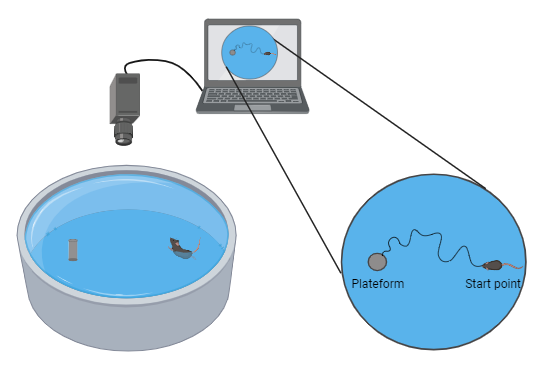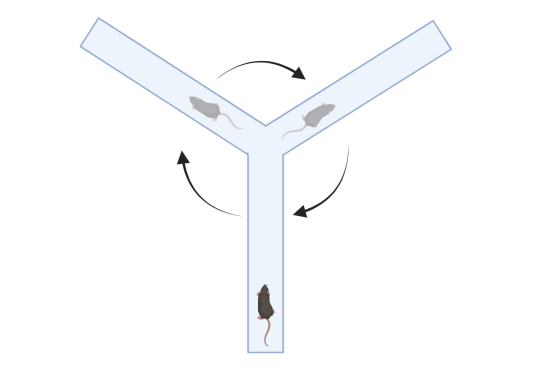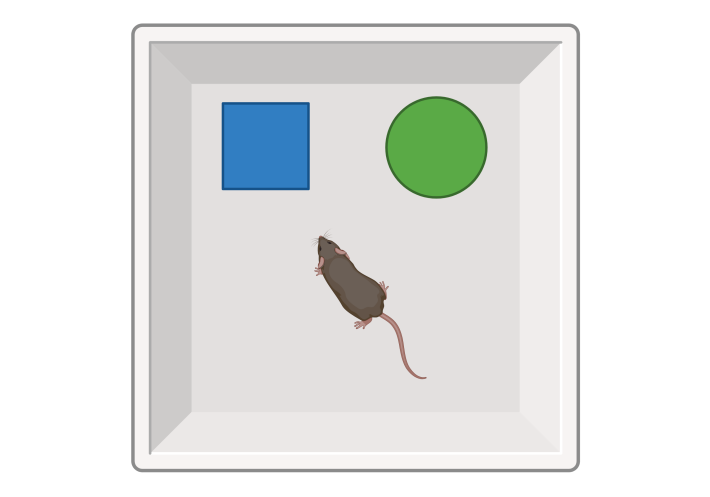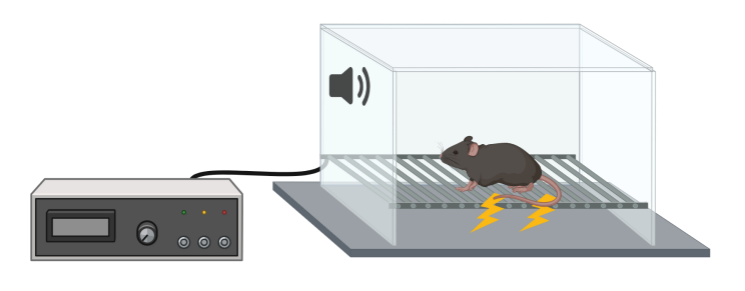Memory behavioral tests in animal research are experimental paradigms designed to assess memory functions in non-human subjects, such as rodents (e.g., mice and rats), primates, or other model organisms. These tests are critical for studying the neural mechanisms of memory, evaluating the effects of genetic, pharmacological, or environmental manipulations, and modeling human memory-related disorders.
GemPharmatech provides behavioral tests such as the Morris Water Maze, Y-maze, Novel Object Recognition, and Fear Conditioning to detect changes in mouse learning and memory.
1. Morris Water Maze
This test evaluates spatial learning and memory by requiring animals to locate a submerged platform in a pool of water using visual cues. It is commonly used to study hippocampal-dependent memory and is particularly relevant for research on Alzheimer's disease and other neurodegenerative disorders.

Morris Water Maze
2. Y-maze Test
This test evaluates spatial working memory by requiring animals to alternate between arms of a maze. It is often used to study short-term memory and the effects of experimental manipulations on cognitive flexibility.

Y Maze
3. Novel Object Recognition Test
This test measures recognition memory by evaluating an animal's ability to distinguish between a familiar object and a novel one. It is based on the natural tendency of animals to explore novel stimuli and is used to study memory consolidation and retrieval.

Novel Object Recognition
4. Fear Conditioning
This test assesses associative memory by pairing a neutral stimulus (e.g., a tone or context) with an aversive stimulus (e.g., a mild foot shock). The animal's freezing behavior in response to the conditioned stimulus is measured, providing insights into amygdala- and hippocampus-dependent memory.

All images created in https://BioRender.com.

